Description
Grounded in 40 years of clinical practice and research, this book provides a systematic yet flexible evidence-informed framework for treating adult survivors of complex trauma, particularly those exposed to chronic emotional abuse or neglect. Component-based psychotherapy (CBP) addresses four primary treatment components that can be tailored to each client’s unique needs–relationship, regulation, dissociative parts, and narrative. Vivid extended case examples illustrate CBP intervention strategies and bring to life both the client’s and therapist’s internal experiences. The appendix features a reproducible multipage clinician self-assessment tool that can be downloaded and printed in a convenient 8 1/2″ x 11″ size.
See also Treating Traumatic Stress in Children and Adolescents, Second Edition, by Margaret E. Blaustein and Kristine M. Kinniburgh, which presents a complementary approach for children and adolescents.
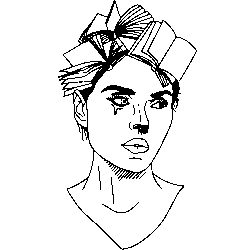
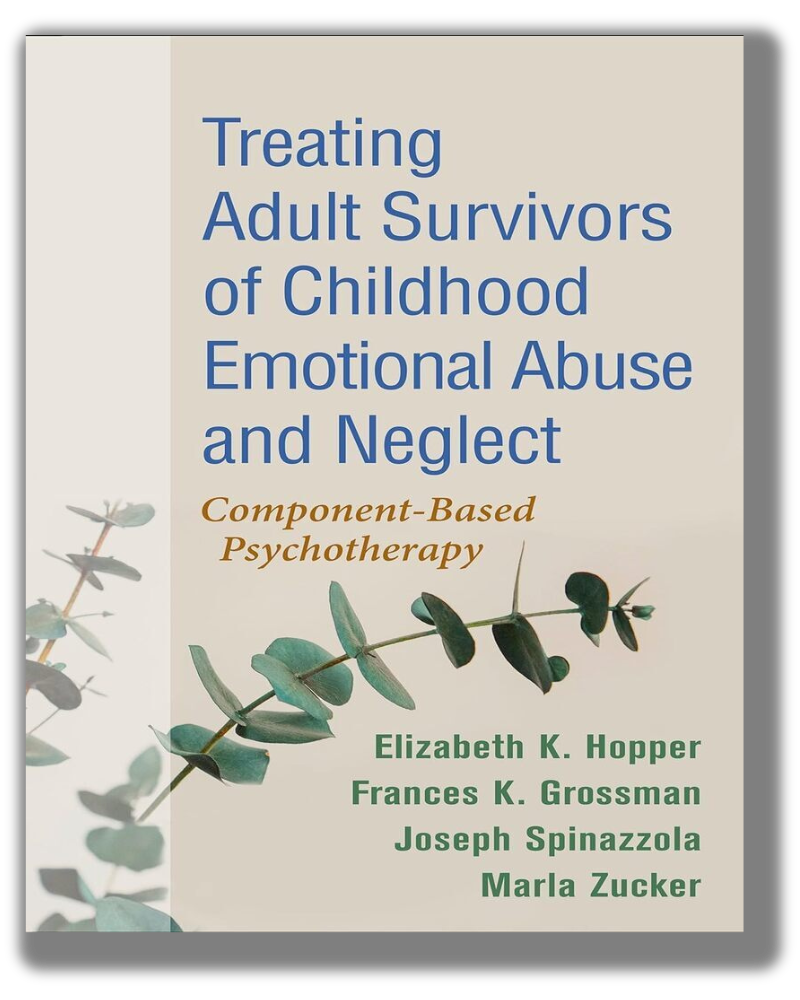
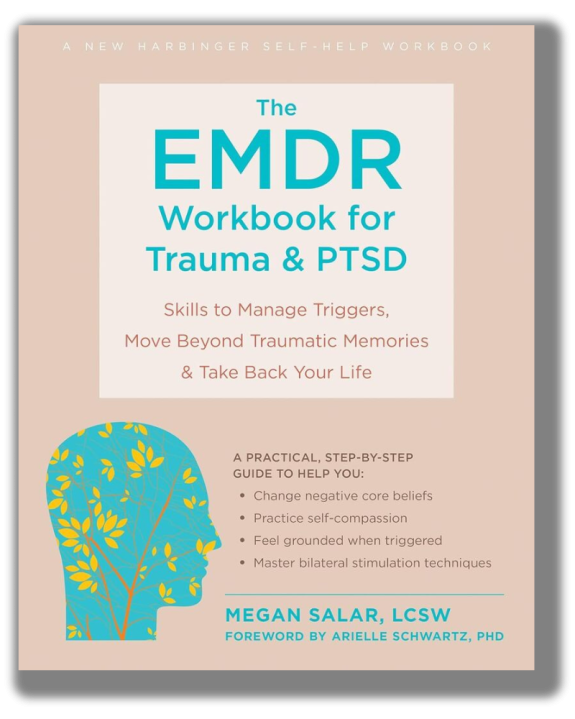
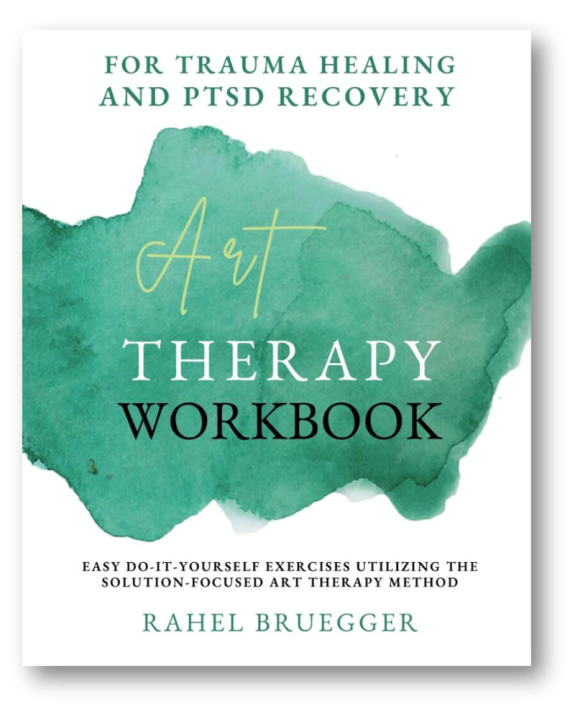
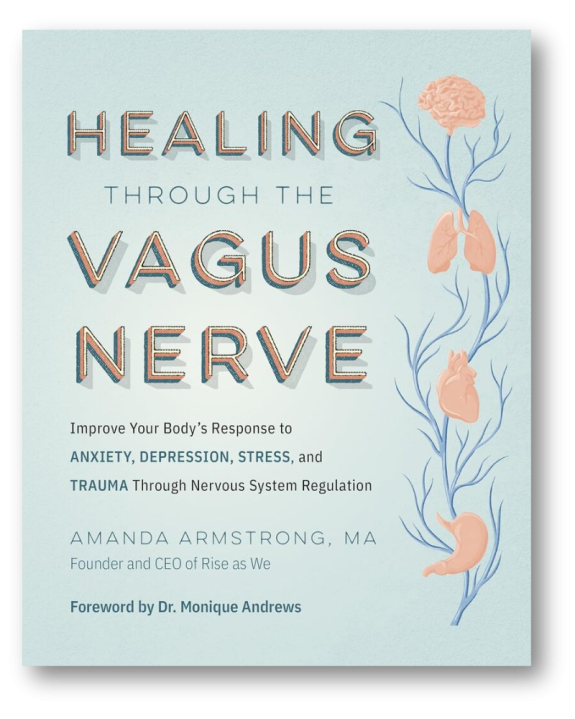
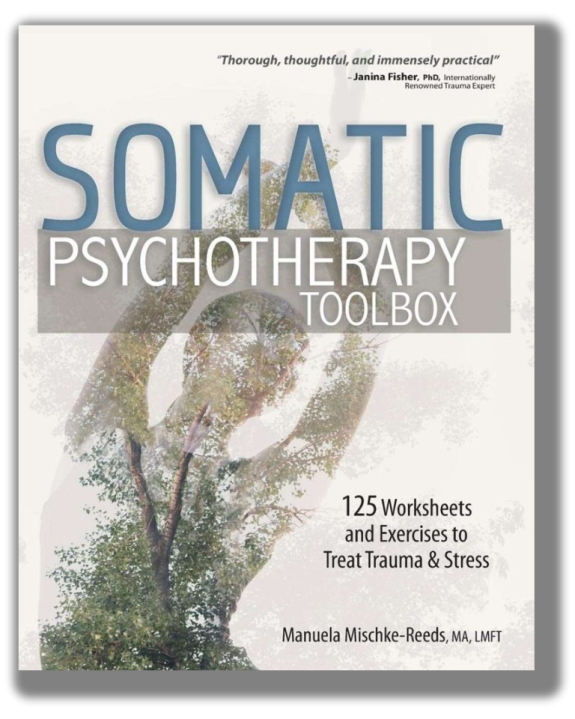
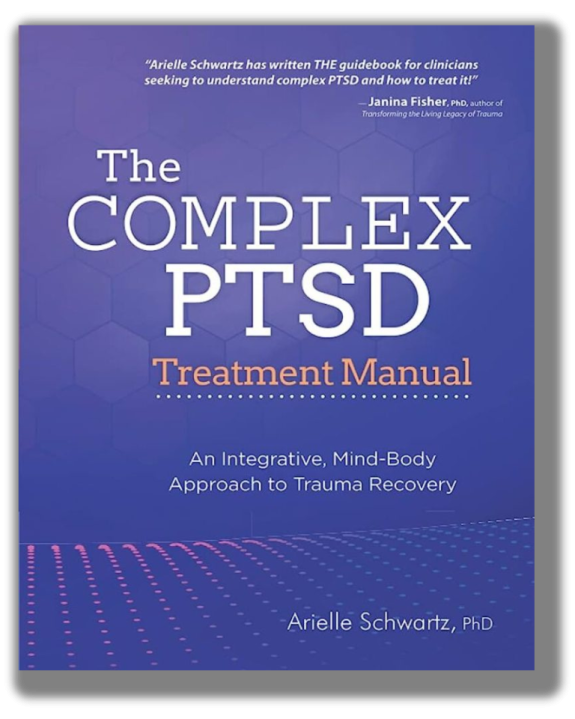
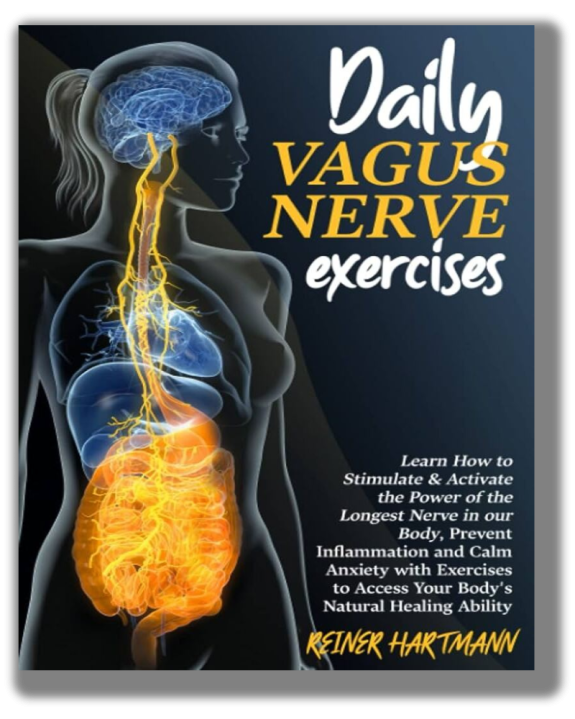
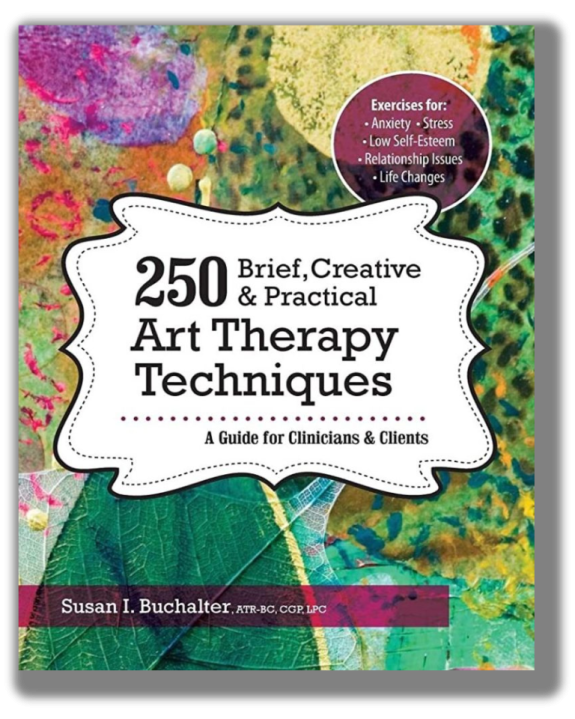
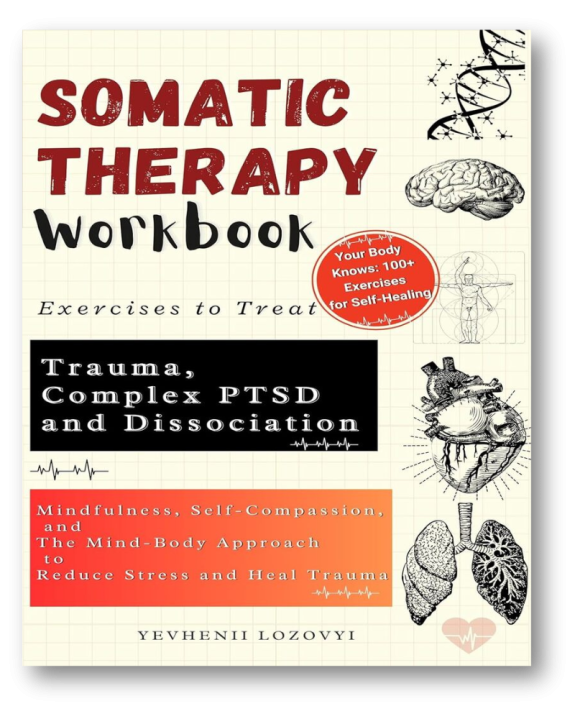
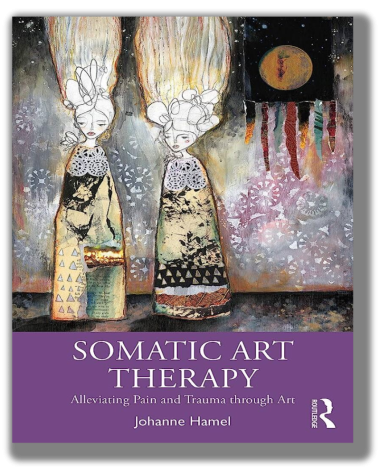
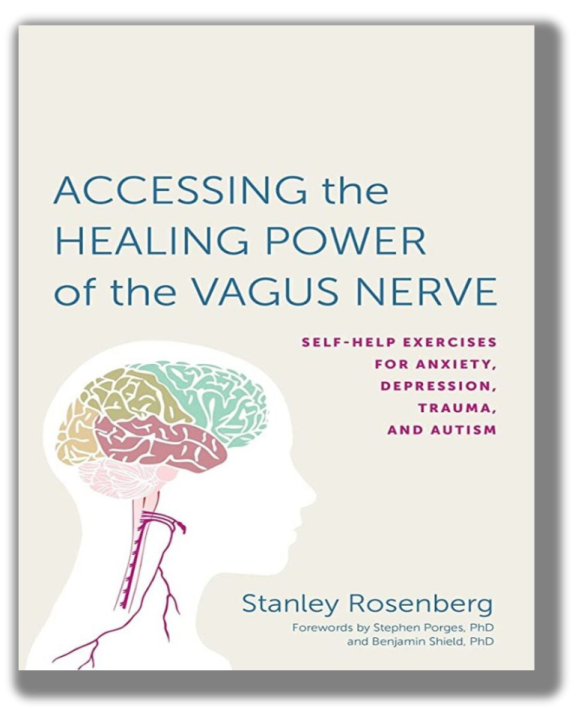
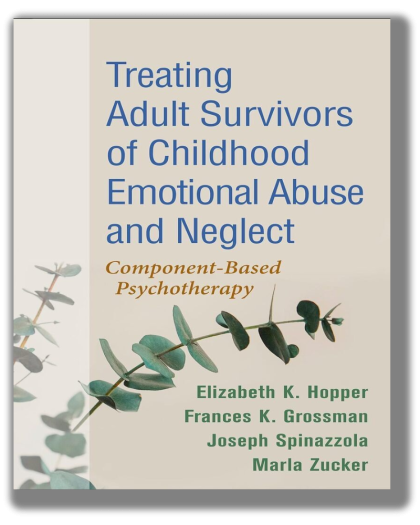
Whether you are a seasoned practitioner, a novice, a teacher of an advanced practice class, or a non-professional interested in knowing more about growing from complex trauma, this book is a fascinating read and a nuanced resource. Case examples weave across chapters and involve the reader in vivid illustrations of complex-trauma treatment as clients pursue recovery from stress wounds that originated in childhood and that resulted in adult symptoms. If ONLY I’d had this book in the years during which I was teaching a masters-level class in trauma treatment! What fruitful discussions it would have sparked. The book offers the latest perspectives on healthy practice and supervision, especially in light of the new complex post-traumatic stress disorder treatment classification (CPTSD; ICD 11, 2018). Traumatization is part of the human condition, and trauma work pings at the little pieces of the therapist that resonate with the client’s trauma. The therapist who is in an authentic, open, creative, reflective, and supportive environment that includes congruent supervision can avoid depletion. This book is written by authors at apex of the complex trauma field, who are immersed in its art and science. It is a breath of fresh air and a window into the healthful process of catalyzing healing and growth in self and in people who have experienced CPTSD.
Trauma is universally experienced in various forms by all human beings (and may be living beings).
There are quite a few books out there on coping with trauma through spiritual/clinical/yogic practices; not a very convincing scientific approach if you are looking for researchers, institutions, and clinics that have successfully implemented any type of healing approaches for trauma.
This books is a gem. The research is verifiable and the approaches are vetted through world-renowned peer-reviewed venues of clinical research and practice.
What is different about this books is:
– it has content for both the therapist and the patient
– component-based approach is general (not tied to a specific method) and is personalizable by both the therapist and the patient
– practical lessons for survivors of trauma
– zero b.s.
Get it. And read it slowly, you will learn a lot even if you’re one of the lucky ones who’re blessed to not deal with trauma of any kind.
This framework combines so many modalities in one in an extremely thoughtful and useful way. Not just for emotional abuse but any complex or developmental trauma.
This is a really good book to purchase if you work with clients who experienced chronic childhood trauma.
This is a truly insightful book from a perspective of a non-professional. I personally don’t work in trauma treatment or engage in any psychotherapy work. I bought and read this book wholly because recently, I painfully came to terms with that fact that my partner had been deeply traumatised as a child. The whole ‘enlightenment’ was unfolded to me as he quickly shut down, withdrew, and acted like a completely different person when his work started to get more stressful.
Reading the book has shed some light on the loss, disorientation, deep sadness that my partner has been experiencing (with some help of Bowlby’s attachment theory). For now, I can at least say I feel more confident at dealing with some of his ‘hidden parts’ and helping him feel more at peace with the bad memories in his earlier years, albeit not playing a role as a therapist. For those who want to learn more about their partner/loved ones, one important takeaway from this book is that we need to learn to better contain their emotions and be more attuned with our feelings when hearing about their trauma and loss. At times, it is really not our doing that caused their distress. So we don’t always need to take their ‘switched-off’ behaviours too personally.
In our everyday life, we tend to secretly blame others for being too cold, too distant, and too dishonest. We hate that people are incapable of being true to themselves and therefore despair. It can feel frustrating, when loved ones suddenly act disconnected from us, chunking a stone wall in our face. We cried, feeling indignant as we are not meant to bear the consequence of what has been messed up in the past of others. But the world is full of broken people. Some are so broken that they are accused of being a damage to the society. Some are less so but their loved ones shed tears that could have been saved for laughter. What we can offer is listening, witnessing and sympathising. By doing so, we help our loved ones rebuild a narrative that will potentially reconstruct their own identity. Acknowledging this is important to maintain boundaries of self-love and love for others.
Some bits of this book can get very technical at times, making it a challenging read. But I recommend this book anyways for the reason that I thoroughly enjoyed the book and it is a well-researched, effective tool to help me understand the skills needed to deal with a wounded partner.